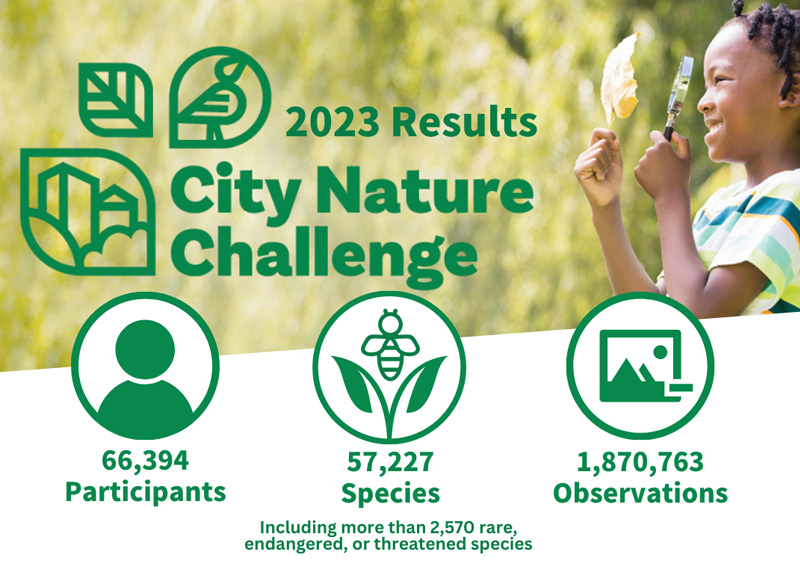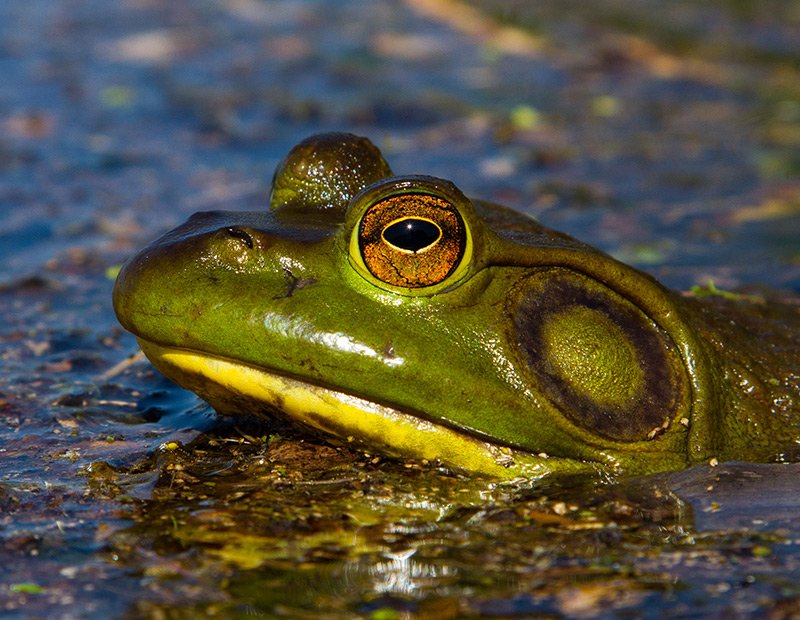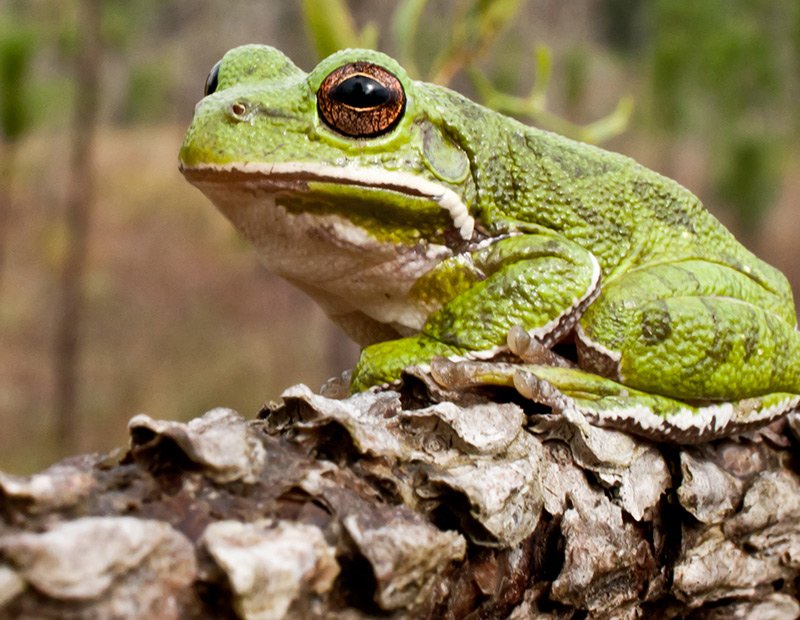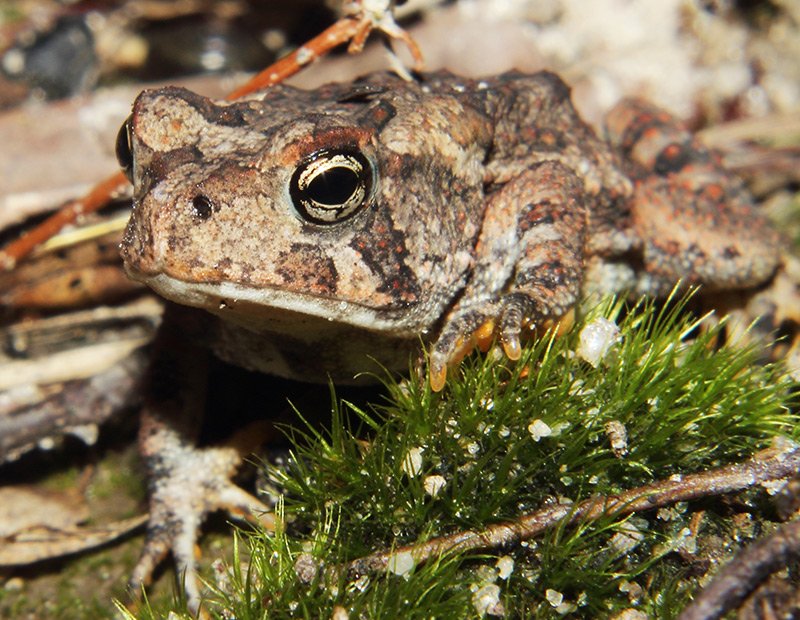Community Science

City Nature Challenge: April 26–29, 2024
City Nature Challenge is an international community science initiative organized by California Academy of Sciences and the Natural History Museum Los Angeles County that encourages people to go outside and explore the nature in their communities. In 2020, Santa Fe College Teaching Zoo and the University of Florida Department of Wildlife Ecology and Conservation IFAS Extension brought this global event to Alachua County.
City Nature Challenge offers an Educational Toolkit to help educators engage their students all year long in activities using data collected during the challenge.
iNaturalist is an interactive community science program that we can use every day to continue to explore our beautiful county. If you haven't already, download the iNaturalist app with the links to the rightbelow.



FrogWatch USA
FrogWatch USA(Opens in new window) is a community science program that offers individuals an opportunity to learn about the wetlands in their community, to identify local frog and toad calls and to report data.
Frogs play an important role in food webs and benefit humans by eating insects that can be pests and transmit disease. Due to their sensitivity to the environment, frogs act as indicators of an ecosystem's health. Many populations of frogs have experienced dramatic declines in the United States and around the world. As a citizen scientist, you can be directly involved in gathering information that can aid in the conservation of these cherished animals.
You should participate if you have:
- An interest in learning about frogs and toads
- The commitment to learn and identify individual frog calls
- The ability to regularly visit a local wetland within the following counties for data
collection from February through August
- Alachua
- Bradford
- Clay
- Columbia
- Gilchrist
- Levy
- Marion
- Putnam
- Union
No previous frog or science background is needed, only a desire to learn about the world around you! Get a jump start on learning more about our local frogs and their calls by checking out these resources from our community partners.
Florida Frog Calls(Opens in new window) - Florida Museum
The Cuban Treefrog(Opens in new window) - University of Florida IFAS Extension
North Florida's Frogs(Opens in new window) - University of Florida Department of Wildlife Ecology & Conservation
Training Courses
The Gainesville FrogWatch USA at Santa Fe College chapter hosts training courses for interested community members in January and February each year.
2025 Training Dates
-
WednesdayJanuary 22, 6–9pm
-
TuesdayFebruary 4, 6–9pm
Register online via Showpass(Opens in new window) Registration is free and required 24 hours in advance.
For further inquiries, contact:
Jade Woodling, Conservation Education Curator at 352-395-7358 or jade.woodling@sfcollege.edu.
Frequently Asked Questions
- Can children attend the workshop? We welcome children age 10 and up to register for the workshop. The workshop is three hours long and contains a lot of information, as well as an exam offered at a later date if you choose to become certified. For these reasons, this workshop is not appropriate for young children.
- Do I have to take a test to become certified? Yes. If you would like to become certified after completing the training workshop, you must take an assessment, which will take place two weeks after the workshop. This test evaluates your understanding of survey protocols and frog call identification skills. The course will give you the materials needed to be successful on the test. The date and location of the test will be discussed at the workshop.
- Are the surveys time intensive? You can put as little or as much time as you can realistically do within your busy schedule. The surveys only take 5 minutes and then submitting your data online takes 5 minutes or less. You will also save time if you choose a survey site that is close to your home. Some volunteers do as little as 4 surveys in the season or as many as 4 surveys a week.